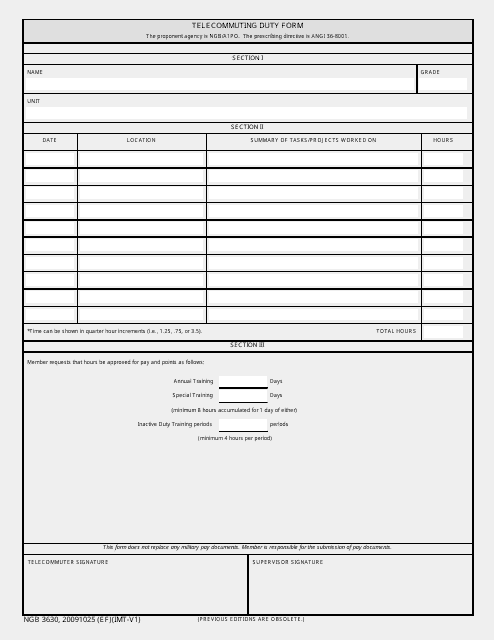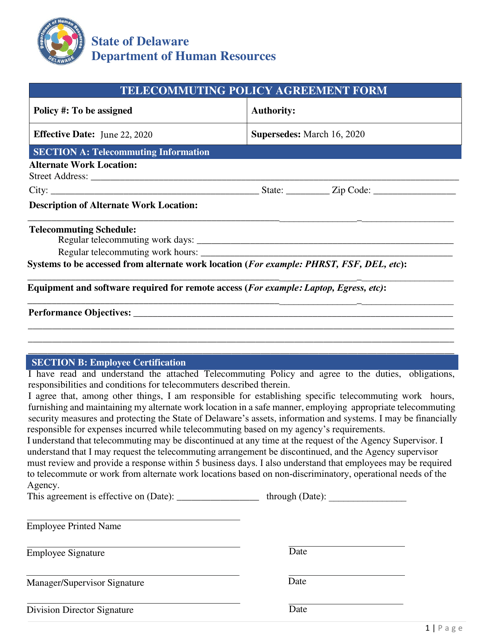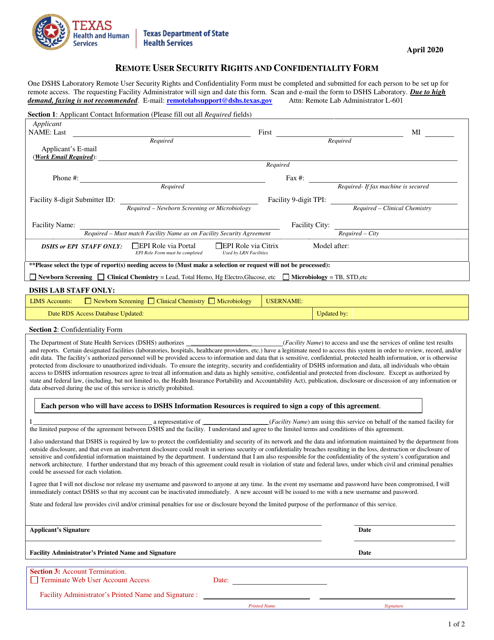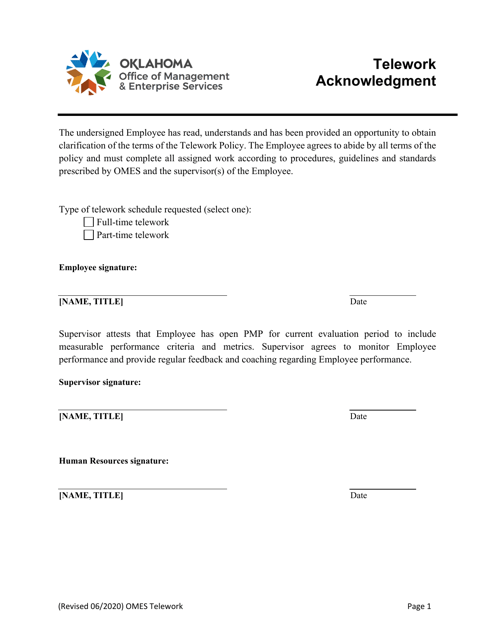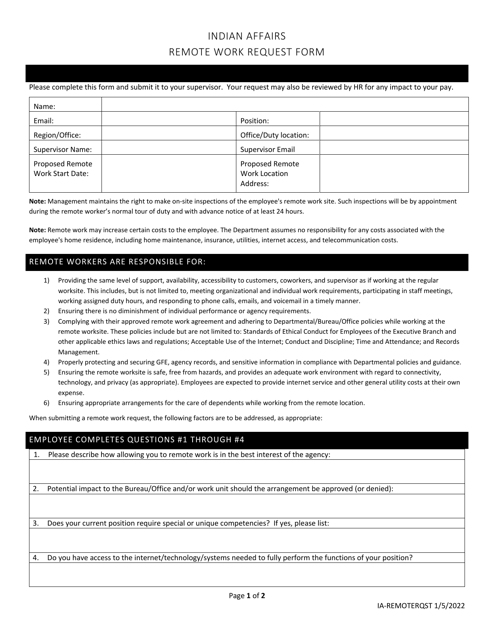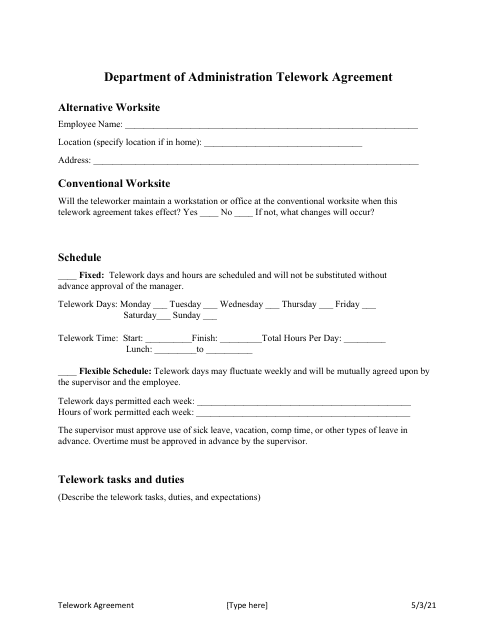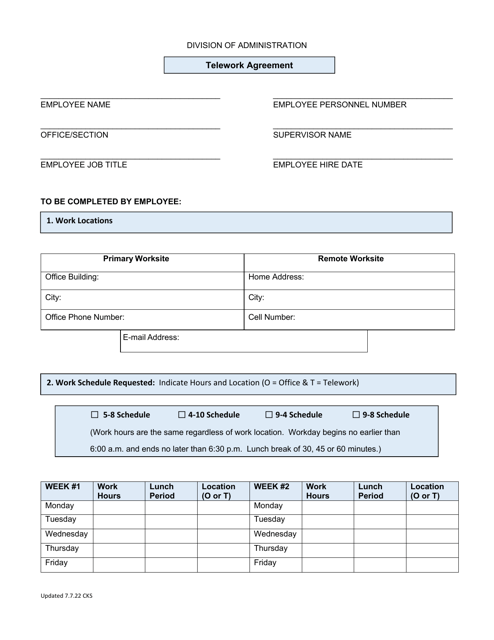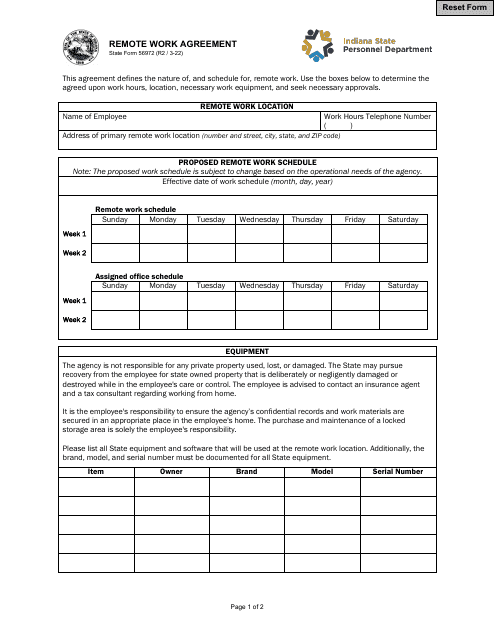Remote Work Policy Templates
Remote work policy, also known as telecommuting policy or remote work guidelines, is a set of rules and guidelines established by organizations to govern procedures related to remote work arrangements. With the increasing popularity of flexible work options, having a well-defined remote work policy is crucial for organizations to ensure smooth operations and maintain employee productivity.
A remote work policy provides a framework for employees and employers to clearly understand the expectations, guidelines, and procedures for working remotely. This policy typically outlines the eligibility criteria for remote work, the responsibilities and obligations of both the employees and the employers, as well as the technological requirements and security measures for maintaining data privacy.
Incorporating a remote work policy within an organization not only benefits employees by providing them with the flexibility to work from a location of their choice but also helps organizations reduce overhead costs associated with office space and facilities. Additionally, a remote work policy can boost employee morale and satisfaction, leading to increased productivity and improved work-life balance.
Several forms and agreements are often associated with a remote work policy, such as the Telecommuting Duty Form, Telecommuting Policy Agreement Form, Remote User Security Rights and Confidentiality Form, and the Remote Work Request Form. These documents help formalize the remote work arrangements and ensure that all parties involved are aware of their rights and responsibilities.
In conclusion, a remote work policy or telecommuting policy is a vital component for organizations in today's dynamic work environment. By implementing clear guidelines and procedures, organizations can facilitate effective remote work arrangements and promote a healthy work-life balance for their employees.
Documents:
8
This document is used for requesting telecommuting duty in the National Guard Bureau (NGB). It allows members to request temporary remote work arrangements.
This Form is used for employees in Delaware to formally agree to the company's telecommuting policy.
This Form is used for managing remote user security rights and maintaining confidentiality in the state of Texas.
This document is used for acknowledging the understanding and acceptance of telework arrangements by employees in the state of Oklahoma.
This document is an agreement used in the state of Kansas for employees who will be working remotely or telecommuting. It outlines the terms and conditions for telework arrangements between employers and employees.
This document outlines the terms and conditions for employees in Louisiana to work remotely. It includes information on expectations, productivity guidelines, and technology requirements.

